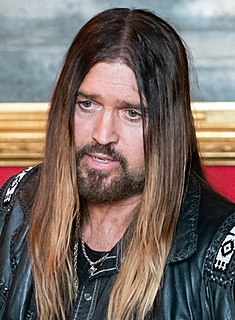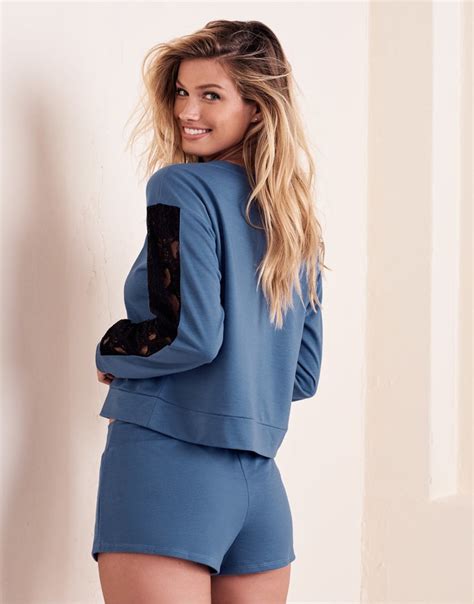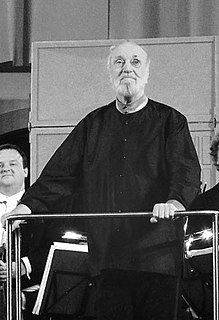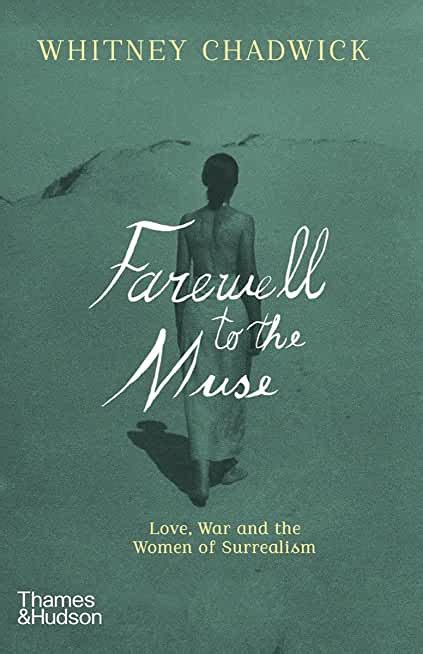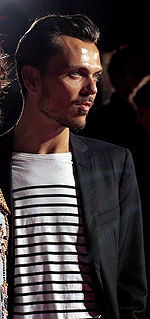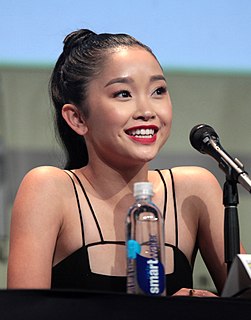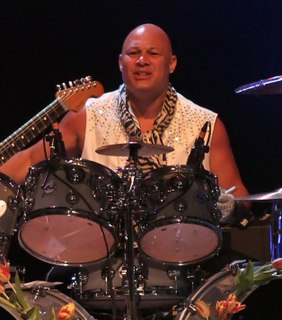A Quote by Rain
I learned that instead of relying on and imitating American music, there is a better chance for an Asian artist to succeed if he or she follows his or her own culture.
Related Quotes
Clearly the hardest thing for the working artist is to create his own conception and follow it, unafraid of the strictures it imposes, however rigid these may be... I see it as the clearest evidence of genius when an artist follows his conception, his idea, his principle, so unswervingly that he has this truth of his constantly in his control, never letting go of it even for the sake of his own enjoyment of his work.
How is Maggie Rowe compensating for her decision to not have a child? Is what she is doing instead enough to justify that decision? What is she doing instead, and why can't she be better at it? What's keeping her from getting a better overall existence score in comparison to an arbitrary sampling of other human beings?
Does people not asking me about Asian American literature mean they don't see it as its own literary tradition? I certainly believe in it as its own literary tradition, because your race plays a great factor in how you are seen by the world, and how you see the world; the fact that I'm an Asian American isn't incidental to who I am as a writer. Where it becomes difficult is defining what, if anything identifiable at all, makes an Asian American book an Asian American book, other than the fact of its creator being Asian. And I'd argue that there is nothing identifiable beyond that.
I think Taylor Swift is a really good artist. I feel like her personality shines through everything she does, her music, her fashion, her style. She won Album of the Year, and she’s a really good writer. I’m a song writer so I respect artists who write their own songs. She won Album of the Year when she was 18 or something like that so, I think she’s dope.
The bizarre but all too common transformation of the woman artist from a producer in her own right into a subject for representation forms a leitmotif in the history of art. Confounding subject and object, it undermines the speaking position of the individual woman artist by generalizing her. Denied her individuality, she is displaced from being a producer and becomes instead a sign for male creativity.
Ultimately I think I learned a lot from my mother - the way she used fashion to make herself feel better; it was a tool she had and she used it very well. Fashion for her wasn't so far as an escape, but certainly a time where she would sit on her own and prepare what she wanted to wear the next day - it turned into bit of a ritual.
There's a misconception that I can't relate to the quote-unquote 'Asian-American experience' because I didn't grow up with an Asian mom and dad. And that's just not true. I am Asian American, and so playing a girl who is half Korean, half white, but her white dad tried really hard to connect with her mom's heritage - that's very familiar to me.
I wish people wouldn't just see me as the Asian girl who beats everyone up, or the Asian girl with no emotion. People see Julia Roberts or Sandra Bullock in a romantic comedy, but not me. You add raceto it, and it became, 'Well, she's too Asian', or, ‘She's too American’. I kind of got pushed out of both categories. It's a very strange place to be. You're not Asian enough and then you're not American enough, so it gets really frustrating.
I'm very proud of my love for Whitney Houston. She really changed my life. She made my life a better life. She was so beautiful in her love for God, her love for her family and her love for music. She truly loved her music. She could do everything! She had flawless rhythm, flawless pitch, flawless feeling, and flawless beauty.
My sister learned she was a carrier for a recessive disease, Bloom syndrome, late in one of her pregnancies. I remember the panicked call and the weeks of worry as she and her husband awaited his test results; if he was also a carrier, this meant their daughter had a one in four chance of being born with the disorder.
My mother didn't feel sorry for herself, she was left with no child support, no alimony at a very young age, with a child to raise, a high school education and she just figured it out. She didn't complain, she didn't rely upon government, she relied upon her own skill set, her own self confidence, her own drive in moxie and her own duty to me and her and she relied upon her family and her faith.


